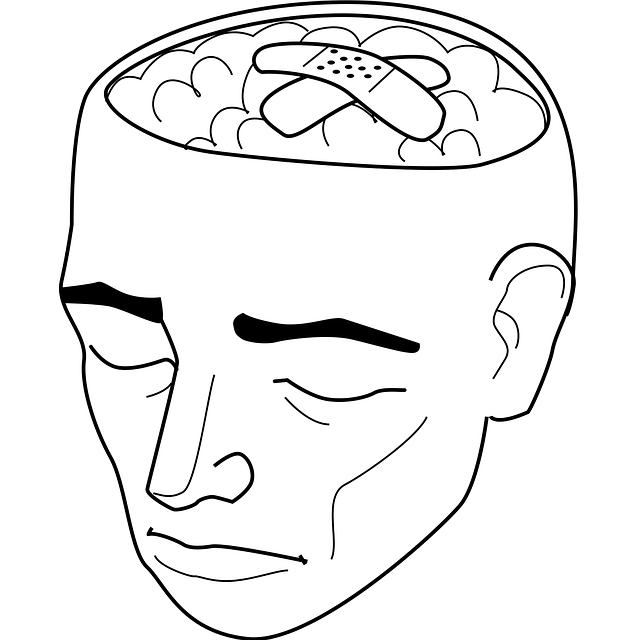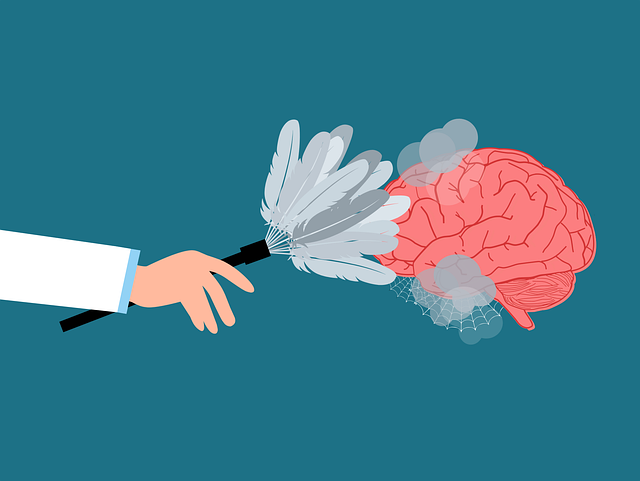Trauma has lasting impacts on mental and physical health, with symptoms like anxiety, depression, and flashbacks. Superior Pain Management Therapy (SPMT) offers crucial strategies for processing traumatic experiences and preventing healthcare provider burnout. SPMT provides holistic care, addressing both mental health and physical pain through tailored treatments, including depression prevention. This approach integrates advanced techniques with compassionate care to overcome negative thought patterns, reduce anxiety, and foster emotional and physical healing. Accessing supportive services, such as SPMT, communication strategies, and crisis intervention, is vital for trauma recovery, empowering individuals to build resilience, achieve personal growth, and develop lasting coping mechanisms.
“In a world where trauma impacts millions, understanding its profound effects and accessing adequate support is paramount. This article delves into the comprehensive landscape of trauma support services, offering insights on critical aspects such as superior pain management therapy, accessible resources, and effective strategies for providers.
From recognizing trauma’s impact to fostering post-trauma healing, we explore every step in the recovery journey. By shedding light on these essential components, including Superior Pain Management Therapy, this guide aims to empower individuals and organizations alike.”
- Understanding Trauma and Its Impact
- The Role of Superior Pain Management Therapy
- Accessing Supportive Services: A Comprehensive Guide
- Effective Strategies for Service Providers
- Building Resilience: Post-Trauma Healing and Recovery
Understanding Trauma and Its Impact

Trauma is a profound and complex experience that can have lasting effects on an individual’s mental and physical health. It refers to an event or series of events that overwhelm a person’s ability to cope, leading to intense emotions and distressing memories. Understanding trauma is paramount in providing effective support, especially within healthcare settings. The impact of trauma extends beyond the immediate moment; it can manifest as various symptoms, including anxiety, depression, flashbacks, and even physical pain.
Superior Pain Management Therapy plays a pivotal role in addressing these challenges, offering strategies to help individuals process and manage their traumatic experiences. This approach often incorporates elements from mental wellness podcast series production, providing valuable resources for burnout prevention among healthcare providers who support trauma survivors. By recognizing the interconnection between mental health and physical pain, depression prevention becomes an integral part of comprehensive care, ensuring that patients receive holistic treatment tailored to their unique needs.
The Role of Superior Pain Management Therapy

Superior Pain Management Therapy plays a pivotal role in trauma support services by offering effective strategies to manage and reduce physical pain, often a lingering effect of traumatic experiences. This therapy goes beyond traditional treatments, focusing on holistic approaches to heal the mind and body. By combining advanced techniques with compassionate care, it empowers individuals to regain control over their lives post-trauma.
One of its key advantages is integrating positive thinking and communication strategies, enabling clients to challenge negative thought patterns associated with trauma. Additionally, mindfulness meditation techniques teach individuals how to stay present, fostering a sense of calm and reducing anxiety. This comprehensive approach ensures that those who have endured traumatic events can heal emotionally and physically while developing valuable coping mechanisms for the long term.
Accessing Supportive Services: A Comprehensive Guide

Accessing supportive services is a crucial step for individuals navigating trauma recovery. The first step involves identifying suitable resources tailored to their unique needs. This process often begins with reaching out to local community organizations, healthcare providers, or mental health professionals who specialize in trauma care. Many regions now offer comprehensive guides and hotlines dedicated to connecting individuals with the right support, ensuring accessibility and confidentiality.
For effective healing, considering Superior Pain Management Therapy alongside communication strategies and positive thinking can be transformative. Crisis intervention guidance is also vital, providing immediate assistance during intense moments. These integrated approaches collectively empower individuals to regain control, foster resilience, and embark on a journey towards profound personal growth and well-being.
Effective Strategies for Service Providers

Effective strategies for trauma support services providers are crucial to ensure high-quality care and optimal outcomes for clients. One key approach is integrating Superior Pain Management Therapy into treatment plans. This involves addressing not just the symptoms but also the underlying causes of pain, fostering a holistic healing process. By incorporating techniques such as cognitive behavioral therapy, mindfulness practices, and alternative therapies, service providers can offer comprehensive solutions that promote mental health awareness and encourage clients to develop self-care practices.
Additionally, creating safe, supportive environments where individuals feel heard and understood is essential. Trained professionals should foster open communication, ensuring clients are empowered to share their experiences at their own pace. Regular check-ins, consistent support groups, and accessible resources can also facilitate continuous healing and growth. These strategies collectively contribute to enhancing the overall effectiveness of trauma support services, catering to the unique needs of each individual.
Building Resilience: Post-Trauma Healing and Recovery

Trauma survivors often face a long journey towards healing and recovery. Building resilience is a key aspect of post-trauma care, enabling individuals to manage and overcome the challenges that arise after a traumatic event. Superior Pain Management Therapy plays a pivotal role in this process, offering effective strategies for pain reduction and emotional healing processes. By addressing physical symptoms, this therapy facilitates a more comprehensive approach to trauma recovery.
The journey towards resilience involves navigating through complex emotions and developing coping mechanisms. Crisis intervention guidance is crucial during this phase, providing individuals with the tools to confront and process their experiences. Encouraging positive thinking becomes an integral part of the healing landscape, fostering a sense of hope and empowerment. Through dedicated support, survivors can transform their lives, emerging stronger and better equipped to face future challenges head-on.
In conclusion, addressing trauma requires a multi-faceted approach where understanding its impact is pivotal. Integrating superior pain management therapy alongside accessible supportive services plays a crucial role in healing and recovery. By employing effective strategies for service providers and fostering resilience, individuals affected by trauma can navigate their journey towards restoration. This holistic approach ensures that those in need receive the comprehensive care they deserve.














